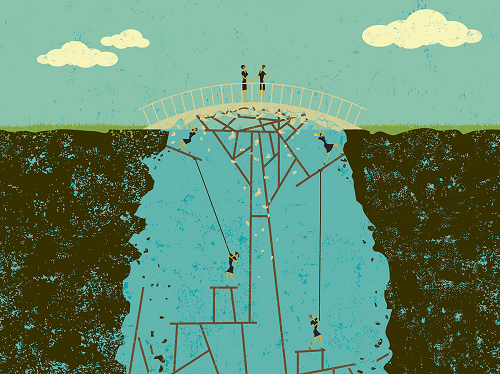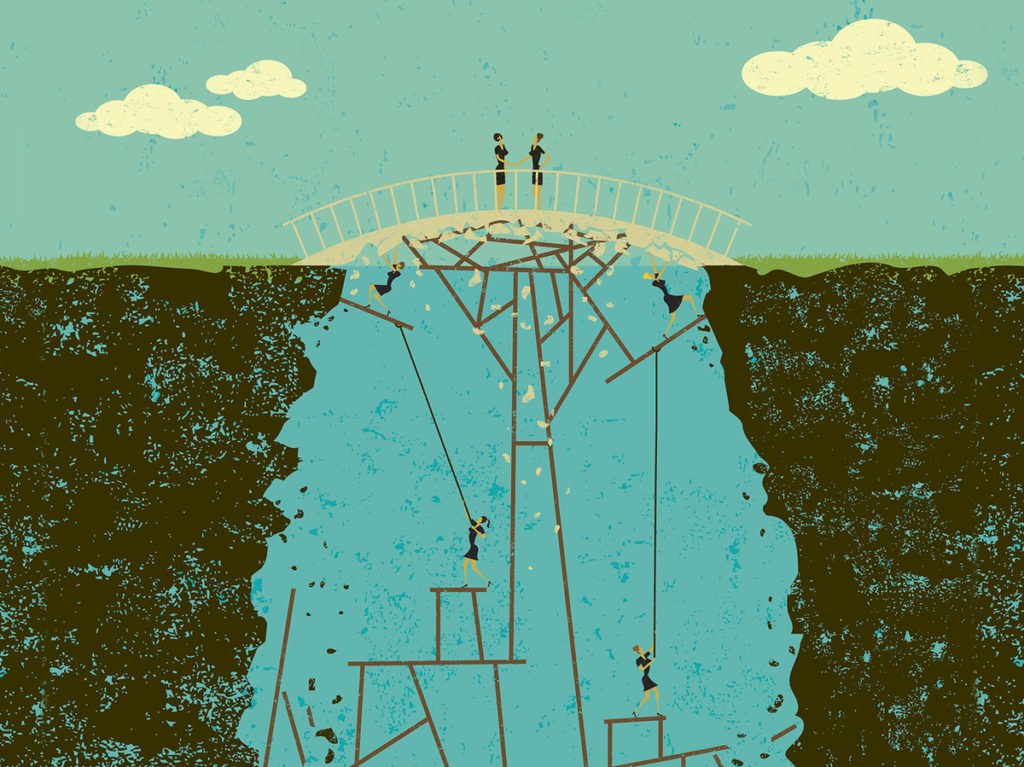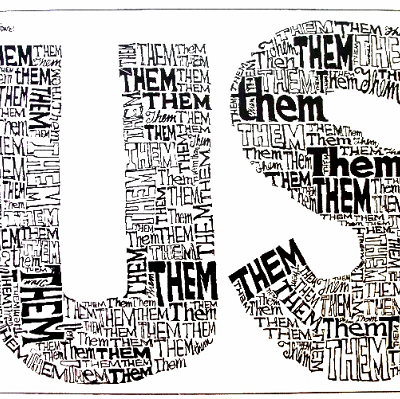After days, months and years of increased stress in U.S. politics, yesterday was a relief. The tension in my shoulders is melting. I wish this relief was the same for everyone, but I know it’s not. I do hope the sentiment of reconciliation can truly pierce the distrust and misunderstanding that is out there.
It will be up to each of us. What can we do if someone in our circle has an opposing political perspective? First, and most importantly, listen with respect and an open heart.
As Biden said last night,
“It’s time to put away the harsh rhetoric.
To lower the temperature.
To see each other again.
To listen to each other again.
To make progress, we must stop treating our opponents as our enemy.
We are not enemies. We are Americans.”
A Psychology Today article, Divided We Fall: How to Mend Political Differences, explains how America became divided and how we can bridge the gap.
Political polarization is worse than it has ever been. The fact that we seek out information that confirms our biases has been compounded with partisan news sources and social media echo chambers.
Confirmation bias and groupthink can propel political groups to move toward the most rigid and extreme version of their opinion to advance and conform.
“The challenge is to make a genuine attempt to understand the opposition. Investigating the nuances of complex problems and evaluating the evidence objectively requires intense effort, open-mindedness, and humility. These are difficult but necessary steps in the march towards truth. We need to be vigilant of our biases and ask questions to guide our beliefs rather than have our beliefs guide our questions.”
A research study cited in the article found that when two opposing sports teams were encouraged to see the common values of both sides being sports enthusiasts, they were more likely to have compassion for the other side.
If we constantly remind ourselves that we are all part of a larger team, we can rescue ourselves from the jaws of polarized politics.
CivilPolitics.org, an organization that educates the public on evidence-based methods for improving intergroup civility, has two recommendations:
1. Improve interpersonal relationships – There is extensive psychological literature on how positive contact between groups increases the likelihood that greater cooperation and less demonization across groups will occur. This can happen either between individuals or at the group level, whereby individuals see that people of their group are getting along with others in the other group.
2. Emphasize cooperative goals vs. competitive goals – In most conflicts, the extremists on each side will seek to emphasize the enduring intractable nature of a conflict. Yet there are often goals that are shared by both groups that lead to cooperation, at least amongst those who are in the vast middle.
These techniques are intuitive and are things we already know…but they are also things that we often forget in the heat of a debate. Consciously applying these techniques, in both individual and group situations, can make a difference.
More than anything, we have to make up our minds to mend the rift and get along. As Biden said last night, “It’s a decision. It’s a choice we make. And if we can decide not to cooperate, then we can decide to cooperate.”
The power to decide applies to our entire life. When we have the will, we will find a way.
With the prospect of peace and cooperation,
Barbara Fagan-Smith
CEO, ROI Communication
Chief Catalyst, Living ROI







